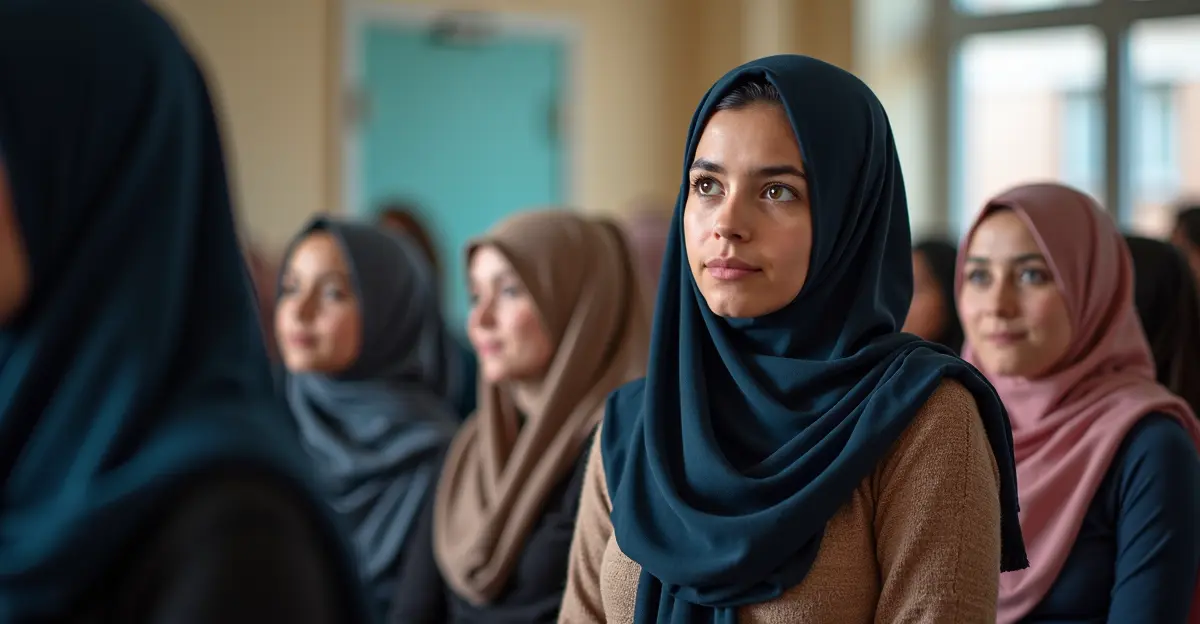Historic Tobacco-Free Generation Law Takes Effect
The Maldives has made global history by becoming the first country in the world to implement a comprehensive generational smoking ban that took effect on November 1, 2025. The groundbreaking legislation permanently prohibits anyone born on or after January 1, 2007 from purchasing, using, or being sold tobacco products within the island nation's territory.
Comprehensive Ban with Global Implications
This revolutionary public health measure applies to all forms of tobacco products and includes a complete ban on electronic cigarettes and vaping devices for all individuals regardless of age. The Ministry of Health emphasized that 'the ban remains in effect for their entire lifetime and applies to all forms of tobacco, with retailers required to verify age before any sale'. Violators face significant penalties, including fines of 50,000 rufiyaa (approximately $3,200) for selling tobacco to underage individuals and 5,000 rufiyaa ($320) for using banned vape devices.
Tourism Industry Adapts to New Regulations
The ban extends to the millions of tourists who visit the Maldives annually, making it one of the most comprehensive anti-tobacco measures ever implemented in a major tourist destination. The archipelago, consisting of over 1,000 coral islands in the Indian Ocean, is renowned for its luxury resorts and pristine beaches. Health officials have been working closely with the tourism industry to ensure compliance while maintaining the country's reputation as a world-class vacation destination.
Global Context and Similar Initiatives
The Maldives' bold move comes as other nations consider similar approaches to tobacco control. In the United Kingdom, a comparable generational smoking ban has been proposed that would prevent anyone born in 2009 or later from purchasing tobacco products. However, this legislation has remained stalled in Parliament for over a year. Meanwhile, New Zealand made headlines when it reversed its own generational smoking ban in 2023 before it could take effect, a decision that surprised public health advocates worldwide.
The Netherlands continues to work toward its goal of becoming smoke-free by 2040 through various measures including tax increases and sales restrictions. Public health expert Dr. Sarah Johnson commented, 'The Maldives has set a powerful precedent that could inspire other nations to take bolder action against tobacco. This represents the future of tobacco control policy worldwide.'
Implementation and Enforcement Challenges
Implementing such a comprehensive ban presents significant logistical challenges, particularly in a nation comprised of scattered islands. Health authorities have launched extensive public awareness campaigns and are training retailers on proper age verification procedures. The government has established a dedicated enforcement unit to monitor compliance across the archipelago.
President Mohamed Muizzu, who ratified the legislation earlier this year, stated that 'protecting our youth from the dangers of tobacco is our moral obligation. We are creating a healthier future for generations to come'. The policy has received broad support from health organizations, including the World Health Organization, which praised the Maldives for its leadership in tobacco control.
As the world watches this unprecedented experiment in public health policy unfold, the Maldives stands as a test case for whether generational smoking bans can effectively eliminate tobacco use over time. The success or failure of this initiative will likely influence tobacco control policies globally for decades to come.

 Nederlands
Nederlands
 English
English
 Deutsch
Deutsch
 Français
Français
 Español
Español
 Português
Português










